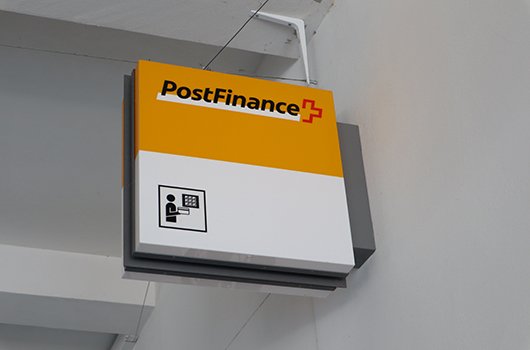While Switzerland is seeing an increase in COVID-19 cases and now sees itself as a high-risk state for infection, what is happening to the government's allocation of funds to companies?
The Confederation has blocked 70 billion
Since the start of the coronavirus pandemic, the Confederation's services to economic agents (approved expenditure, guarantees and sureties) totalled some CHF 70 billion, according to Seco (State Secretariat for Economic Affairs). Of this amount, CHF 20 billion has been allocated to unemployment insurance in order to maintain partial unemployment measures and CHF 5.3 billion has been distributed in the form of aid to the selfemployed. Finally, the Confederation has made available 40 billion in bridging loans for small and medium-sized enterprises. To date, only 16.8 billion of these loans have been used, Seco explains.
20% of Swiss SMEs have taken out Covid-19 credits
A total of 136,170 small and medium-sized enterprises obtained credits, i.e. one in five SMEs. The cantons with the highest demand for these loans were Zurich and Vaud. Commercial enterprises and garages made the largest loan applications, followed by manufacturing, construction and the hotel and catering industry. Of the 124 banks that granted the government bridging loans, Raiffeisen granted the largest number, followed by UBS, PostFinance and Credit Suisse. In addition, the Credit Suisse bank said on Wednesday that it had granted Covid-19 loans to more than 16,700 companies to the extent of 3.3 billion francs.
Conditions for granting
As a reminder, if a company wishes to benefit from these transitional bank credits, the deadline for an application, set at 31 July, has now passed. Three forms of loans, offered at 0% interest, have been put in place. The Covid-19 loan, which concerns companies with a maximum turnover of 500,000 per year, the Covid-19 Plus loan, for companies with annual turnover between 500,000 and 20 million francs per year, and cash assistance for start-ups.
Based on: covid19.easygov.swiss









